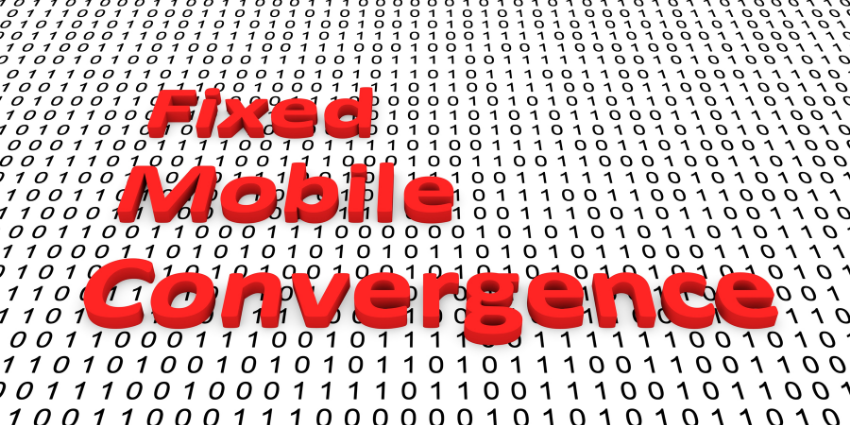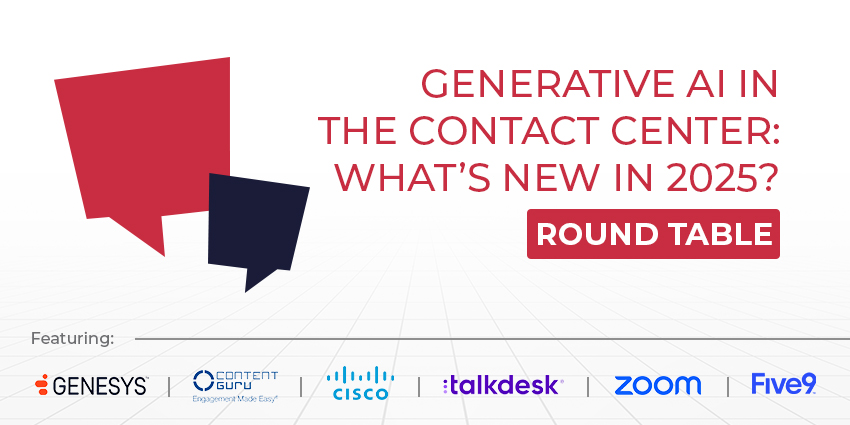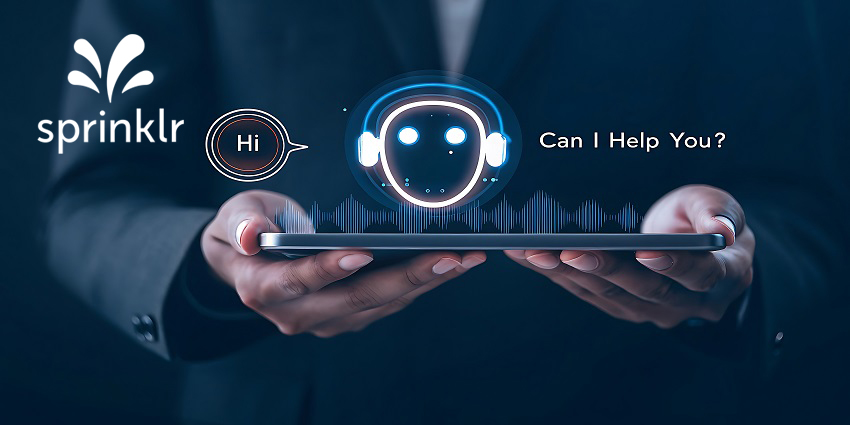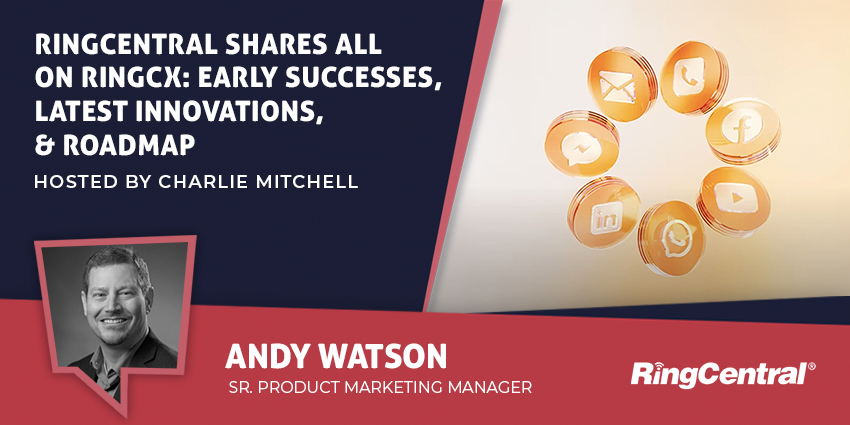Fixed Mobile Convergence is an important aspect of many communication and customer service strategies in the digital world.
FMC or Fixed Mobile Convergence would allow an agent to start a conversation with a customer in the office, then continue that conversation from their smartphone, using the same security and privacy regulations, when a desk phone is no longer available.
Fixed Mobile Convergence aims to bridge the gap between wired and wireless communications, and it’s something that’s been growing in popularity for some time. However, it’s only recently, with the rise of mobile working, that many organisations have begun to start assessing the benefits of FMC in greater depth.
Defining FMC for Customer Service
The easiest way to understand Fixed Mobile Convergence is to examine the technology’s basic components. The “fixed” part of the system refers to the fixed, wired lines in the communication stack. This might include the telephone lines for a contact centre, and the internet connections that employees use to reach clients.
The “mobile” aspect is the part of the equation that’s moveable, such as smartphone telephones and portable devices. In the past, these systems existed completely independently of each other, offering their own unique benefits, and presenting specific challenges.
Fixed Mobile Convergence brings the two worlds together to improve the way we share and access data, whether it’s voice information, video, or text. The FMC world would allow users to connect seamlessly in the same environment, wherever they were, and whatever device they needed to use.
How Does Fixed Mobile Convergence Benefit CX?
The main benefit of FMC is that it gives your business a single environment through which your agents can take and make calls, collaborate with colleagues, and connect to the internet. With FMC, an agent could launch a call with a client in the office, then switch to a smartphone for a face-to-face video chat, without switching numbers.
Fixed mobile convergence is particularly useful in an environment where various employees are now working in a more flexible manner. Your agents can maintain a single business phone presence when connecting with customers from any location or device. Through your FMC technology, you can ensure that agents continue to take advantage of business-class VoIP technology wherever they go, with no risks of call breaks or security issues.
Like many strategies for better customer experience, FMC helps to increase customer satisfaction by eliminating the headaches that employees face in handling conversations. You can avoid the two-strata approach issues of having to make separate calls when transferring between a landline or mobile. There aren’t any issues with different numbers for different devices, and you don’t have to use a potential unsecured network for business calls.
FMC essentially combines the benefits of a fixed office network with the flexibility, speed, and simplicity of mobile networks. It’s ideal for mobile working and ready for the future of customer service where consumer expectations are growing.







